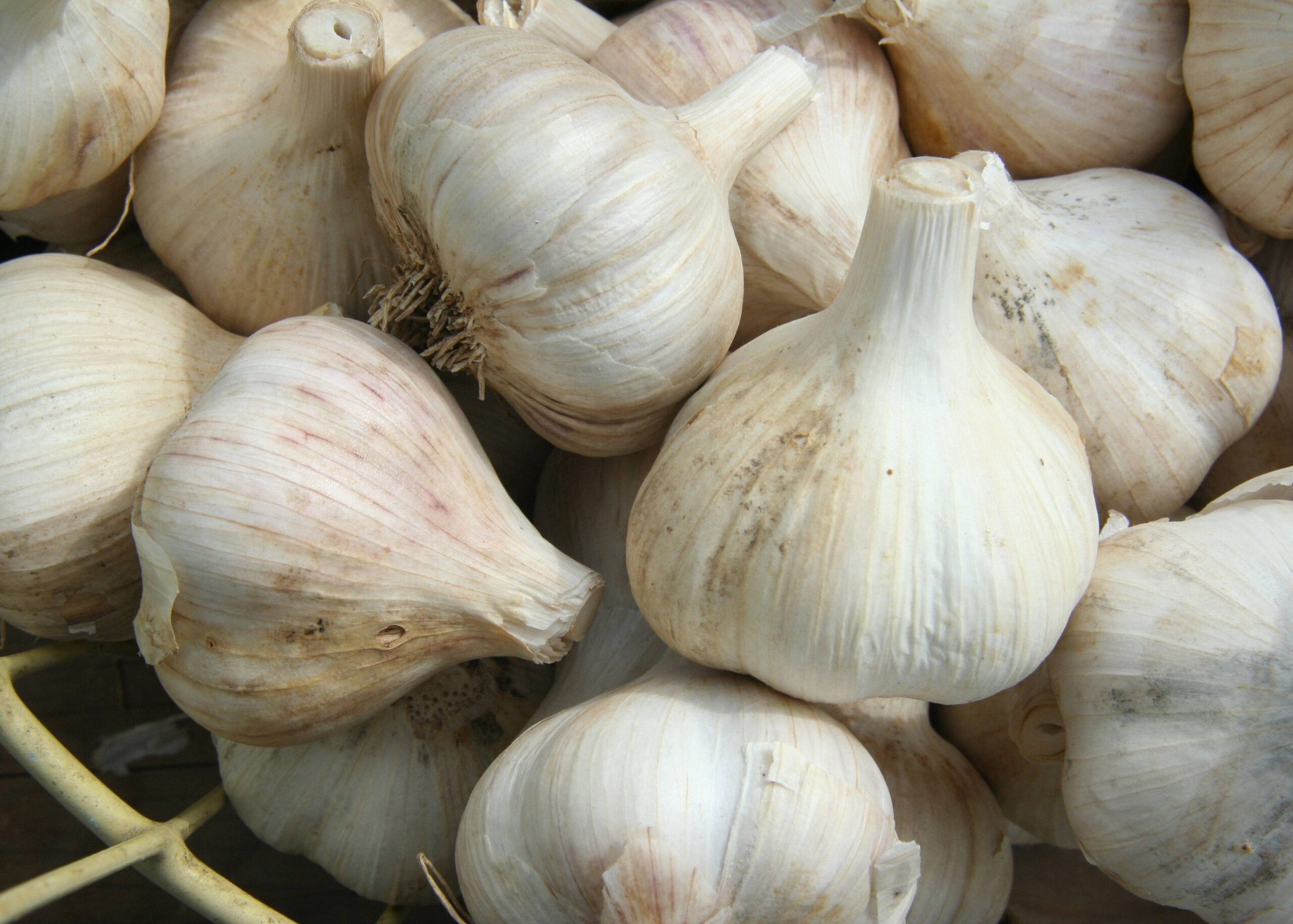Are you still thinking about getting the flu shot this season? According to research published in The Lancet, getting the flu from a flu shot is not only possible, but probable. Over the course of 12 flu seasons, researchers analyzed studies and found that 41% of study participants contracted the flu after being given the most commonly administered flu shot. So what should you take away from these statistics? Have a plan B.
Herbs as Medicine
Herbs have been used medicinally for centuries. Even in the last century herbs were being used by physicians to treat influenza. In 1918, the flu pandemic known as the “Spanish flu” broke out across the globe and killed 20 to 60 million people. At the time, advances in modern medicine were just being discovered, and many physicians still relied on herbs and other natural therapies to treat sick individuals. According to the written material published by these herb-wielding physicians of the early 1900’s, patients suffering from the Spanish flu who were treated with herbs had above average survival and recovery rates. There is now a renewed interest in the medicinal properties of herbs and, again, there are many physicians who are using herbal protocol to prevent and treat seasonal flu symptoms. The best part is that herbs are readily available and don’t require a prescription.
Elderberry
This herb yields amazing results when it comes to fighting the flu. Israeli researchers published a study in the Journal of Alternative and Complementary Medicine that confirmed that elderberry extracts inhibited the growth of influenza. In fact, when study participants took 500 mg. twice a day, 90% recovered within three days.
Garlic
People in the ancient world have always held garlic and other members of the allium family in high regard because of their medicinal attributes. In more recent news, garlic is garnering some positive attention because of the antibacterial and antiviral properties of its main chemical component, allicin. Studies done at the University of Maryland Medical Center confirm that consuming garlic helped to prevent the onset of the flu and also helped hasten recovery times of those individuals who already had the flu.
Olive Leaf Extract
Another ancient remedy of note is olive leaf extract. With its antibacterial, antiviral, and antifungal capacity, olive leaf extract is a broad spectrum herbal medicine used to treat a number of ailments including influenza. Interestingly, some European physicians are now using olive leaf extract instead of traditional antibiotics to treat their patients. Many naturopathic practitioners recommend taking olive leaf extract for several months before flu season begins in order to strengthen the immune system.
Echinacea
Hailing from the purple coneflower native to North America, echinacea has been part of Native American herbal medicine for centuries. University of Maryland Medical Center studies confirm that echinacea does, indeed, ease flu symptoms by relieving pain, reducing inflammation, and enhancing the immune system.
Ginger
Long coveted for its pungent culinary offerings, ginger has an extensively history of medicinal use by Asian, Arabic, and Indian cultures. As well as being a go-to therapy for anything related to stomach discomfort, ginger also soothes flu symptoms such as a sore throat, nasal congestion, cough, and body aches. Ginger is best taken as a tea.
Remember that even natural medicine can interfere with both prescription and over-the-counter medicines like Tylenol. Always consult your physician before starting an herbal protocol for the flu.
Recommended Reading:
- Make Your Immune System Bulletproof with These Natural Remedies
- How Echinacea Boosts the Immune System
- How to Kill Fungal Infections
- The Amazing Herbal Power of Ginger
- Garlic – The Most Amazing Herb On The Planet
- Elderberries for Winter Health – With Elderberry Syrup Recipe
Related Products:
- Black Elderberry Syrup – Gaia Herbs
- Elderberry Plus Syrup – Wise Woman Herbals
- Olive Leaf Extract – Pure Encapsulations
- Shillington’s Echinacea Plus
- Shillington’s Total Tonic
- Glycemic Support – Gaia Herbs

